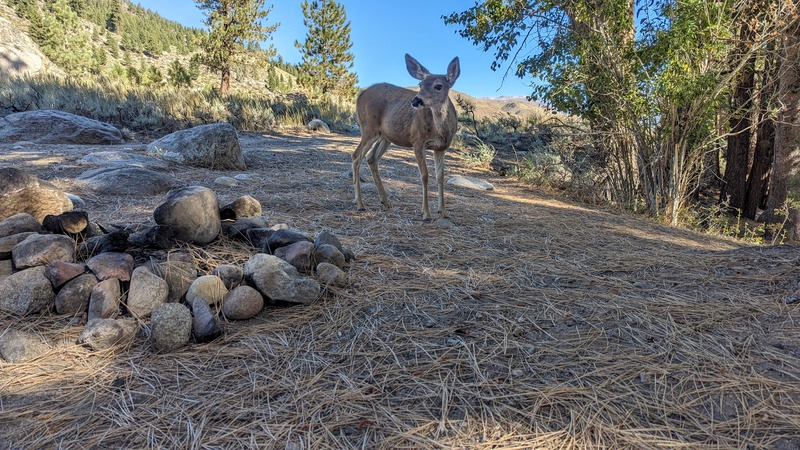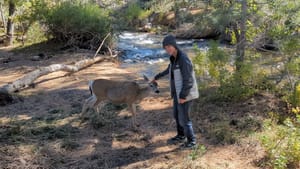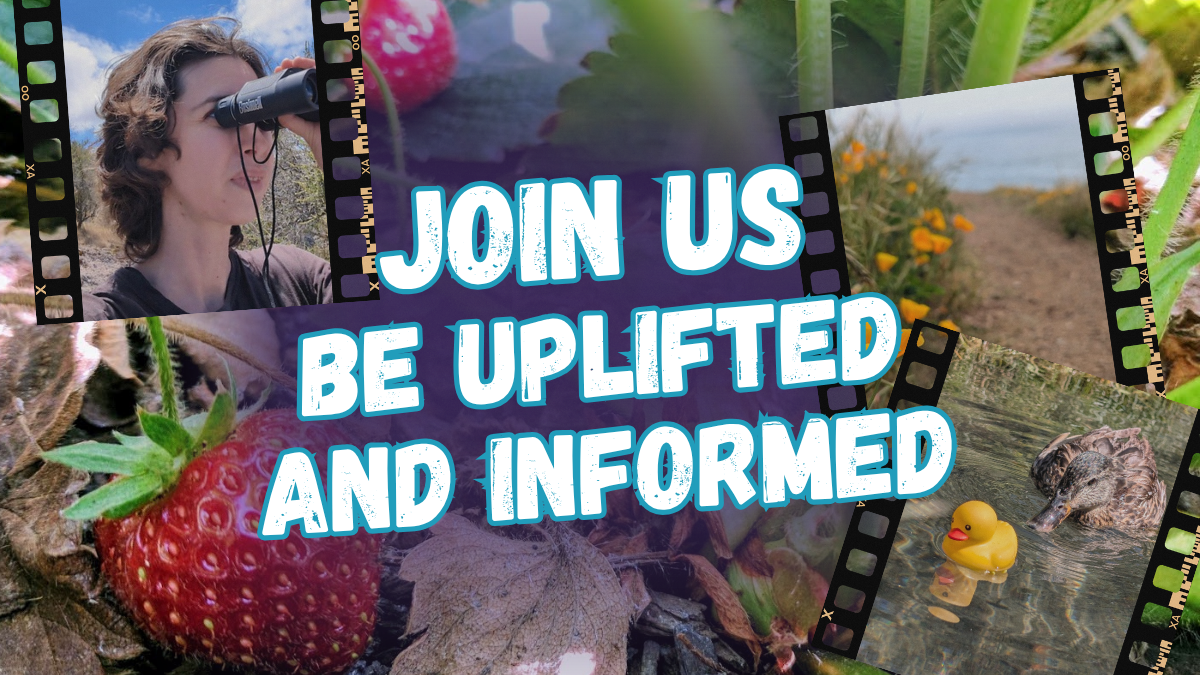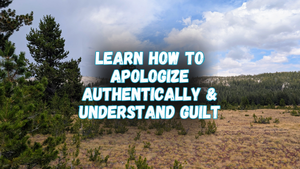Hi friends,
Last week, I wrote about an email exchange from 15 years ago where I remembered expressing my discomfort with a man who was harassing me, but when I re-read the email thread, I had responded gently and supportively, not sharing that I was uncomfortable or asking him to stop.

Two people responded in the comments to let me know my gentle email replies sounded like a fawn response. I learned about the concept of a fawn response, but hadn’t realized it applied to this behavior. But this totally made sense and helped me understand what had happened on a deeper level.
When we are in stressful or dangerous situations, our animal brain takes over with an instinctual response instead of evaluating the situation and deciding on a logical response.
Fight or flight responses are the most well known, but freeze and fawn responses are also very common. A freeze response means you may not be able to speak or move as a response to stress. A fawn response means you people-please, saying or doing what you think the aggressor wants, agreeing or doing as you have been told in hopes of placating the aggressor, getting out of the situation and reducing the stress.






